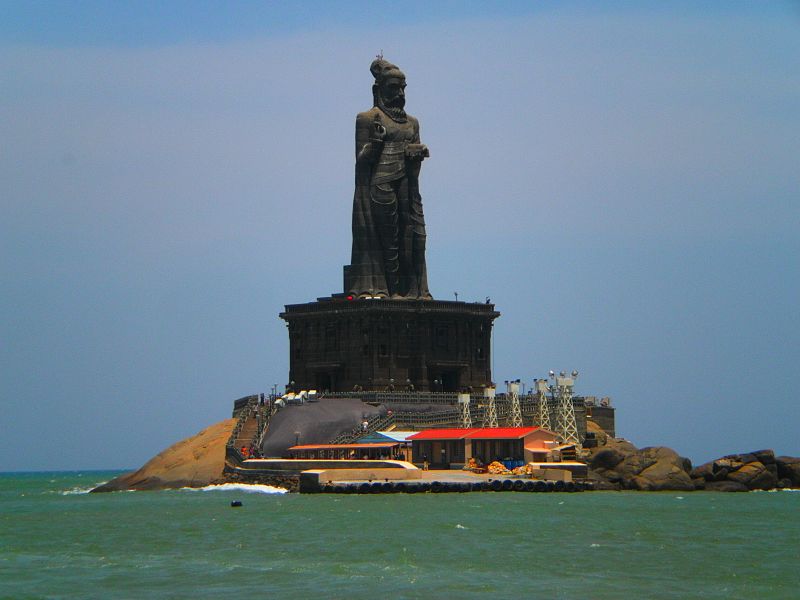Official Language Act 1963 Upsc
Article 343 (1) of the Constitution of India states “The Official Language of the Union government shall be Hindi in Devanagari script.” Unless Parliament decided otherwise, the use of English for official purposes was to cease 15 years after the constitution came into effect, i.e. on 26 January 1965.

